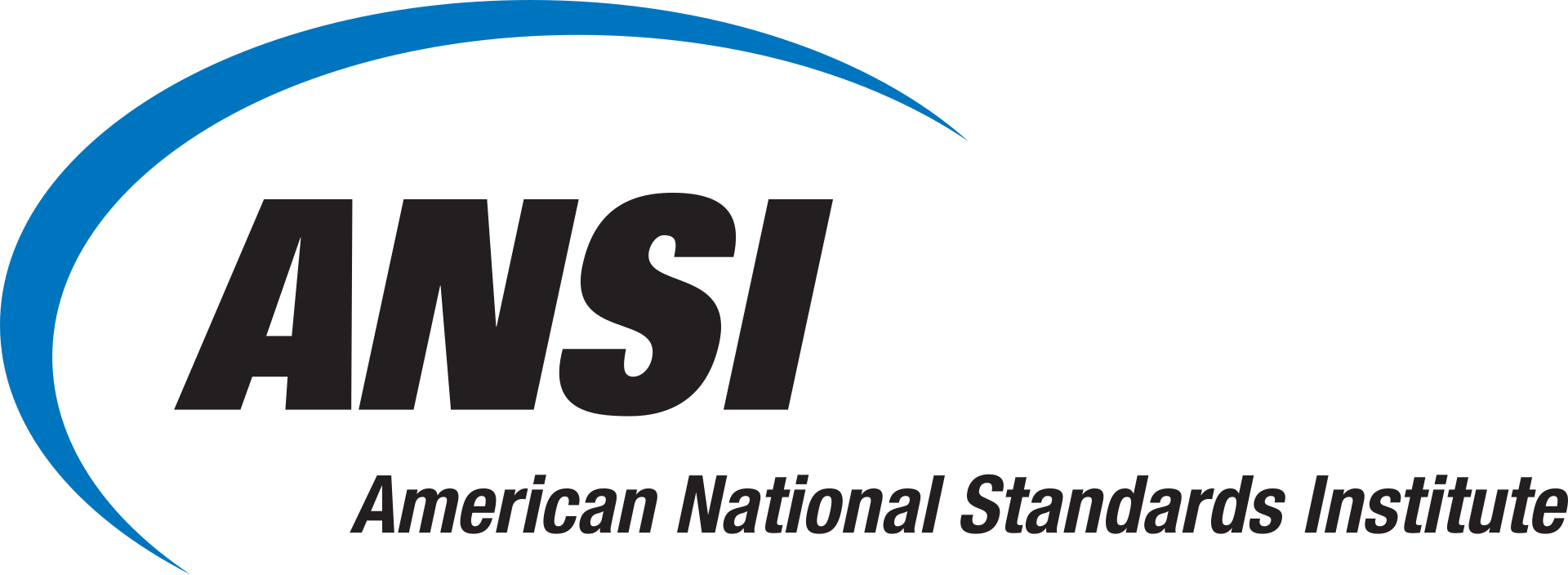Why You Need a Business Plan—and How to Create One

71% of fast-growing companies have a formal business plan, and businesses with a business plan are 260% more likely to launch and 30% more likely to experience growth. It is clear that having a well-crafted business plan assists in helping a business grow faster, ultimately increasing the chances of success.
What Is a Business Plan?
Whether you are an entrepreneur, small business owner, investor, lender, and even an employee, you may find yourself using a business plan: a comprehensive document that acts as a roadmap for starting and managing a business. For startups, a well-crafted business plan helps attract potential lenders and investors; for established businesses, a business plan helps them stay on track with their growth objectives.
Simply put, a business plan guides a company’s operations, which includes the steps on how to properly allocate resources, handle unforeseen complications, and conduct smart business decisions. It allows for careful consideration of ideas before significant investment, highlights potential obstacles to success, and provides a tool for seeking objective feedback from trusted outsiders.
How Does a Business Plan Increase the Likelihood of Investors to Provide Capital?
A business plan plays a valuable role in attracting investors or lenders to provide the capital needed to start, run, or grow a business. It provides specific, organized information about the company, its plans to repay borrowed money, and its financial projections. As such, a business plan acts as the link to building trust and confidence in the investment opportunity.
In fact, business plans help companies get 133.33% more investment capital and increase loan approvals by 150%. Business plans essentially allow investors to assess the viability of the business and its ability to generate a return on investment, helping foster a sense of trust in the viability and prosperity of a business.

Why a Business Plan is Crucial for Success and Growth
Acting as a roadmap for success, guiding your strategy, helping to secure funding, and managing your business effectively, a business plan is essential for growth and success. For instance, companies with a business plan grow 30% faster and are 2.5x more likely to secure funding, entrepreneurs with plans being 152% more likely to launch their venture compared to those without plans, and startups with business plans secure funding at a rate of 78%, more than double the 36% funding rate for startups without plans. Ultimately, developing a business plan helps increase your chances of achieving long-term profitability and expansion.
ISO Standards Involved in Establishing a Business Plan
ISO standards like ISO 22301 (Business Continuity Management Systems) and ISO 31000 (Risk Management) are highly relevant to developing and managing business plans by providing frameworks and guidelines.
ISO 22301 provides a framework for organizations to plan, establish, implement, operate, monitor, review, maintain, and continually improve a documented management system to protect against disruptive incidents. A key part of any business plan is outlining how the business will handle potential disruptions (e.g., natural disasters, supply chain issues, cyberattacks). ISO 22301 provides the structure for developing a comprehensive business continuity plan, which is a critical component of the overall business strategy.
ISO 31000 offers guidelines for organizations to manage risks across their entire operations. Effective risk management is essential for identifying potential threats and opportunities that could impact a business. ISO 31000 helps businesses develop a risk management framework that can be integrated into the business planning process.
ISO 22301 and ISO 31000: Establishing a Robust Business Plan
Both of these standards help organizations establish robust systems for managing risks and assuring business continuity, which are essential components of any effective business plan. They ensure a business can withstand and recover from disruptions, minimizing potential losses and maintaining operations. This involves identifying potential threats, assessing their impact, and developing strategies to mitigate or recover from them.
ISO 22301 and ISO 31000 are available on the ANSI Webstore and in the ISO 31000/ISO 22301-Risk Management of Societal Security Package.
Questions to Ask Prior to Writing A Business Plan
Here are some core questions to ask prior to writing a business plan:
- What service or product does your business provide?
- What gap in the market does your service or product fill?
- Who are the potential customers for your product or service?
- Why will those customers purchase your service or product?
- How will you reach your potential customers?
- Where will you get the financial resources to start your business?
After developing answers to these questions and integrating ISO 22301 and ISO 31000 frameworks, a written business plan can include an executive summary, company description, market analysis, organization and management, service or product line description, business facility assessment (if applicable), marketing and sales, funding request, financial projections, and appendix.






